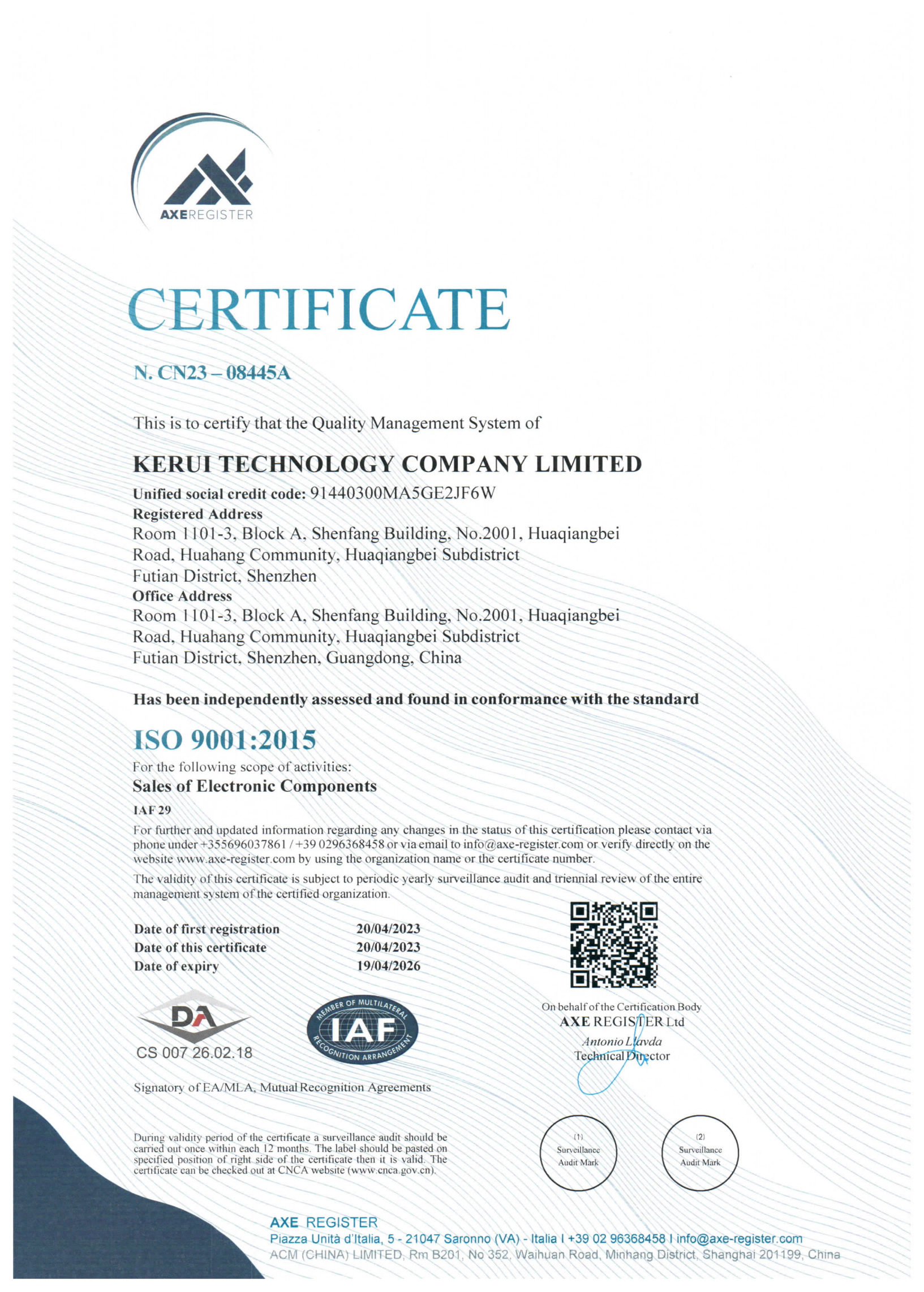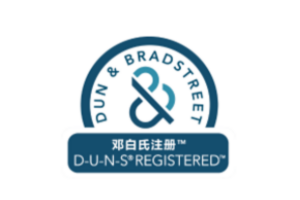Menu










ISO 9001 is a standard for quality management systems that was developed by the International Organization for Standardization (ISO). It outlines a framework for companies and organizations to ensure that their products and services consistently meet customer requirements and regulatory expectations. Compliance with ISO 9001 can help companies improve efficiency, reduce waste, and increase customer satisfaction.


ISO 13485 is a standard for quality management systems specifically designed for medical device manufacturers. It is based on the ISO 9001 standard but includes additional requirements for risk management, design and development, clinical evaluation, sterile manufacturing, and other aspects of medical device production. Compliance with ISO 13485 is often required for companies looking to sell their medical devices in regulated markets such as the European Union or Japan, and it can also provide a competitive advantage by demonstrating a commitment to quality and safety.


ISO 14001 is a standard for environmental management systems that was developed by the International Organization for Standardization (ISO). It provides a framework for companies and organizations to manage their environmental impacts and improve their sustainability practices. This standard covers issues such as waste management, energy consumption, water usage, greenhouse gas emissions, and other environmental aspects of business operations. Compliance with ISO 14001 can help companies reduce their environmental footprint, improve their reputation with stakeholders, and achieve regulatory compliance requirements.


ISO 45001 is a standard for occupational health and safety management systems. It was developed to help organizations provide a safe and healthy workplace for their employees. This standard covers issues such as hazard identification, risk assessment, and risk control, as well as legal compliance requirements related to occupational health and safety.
ISO 45001 is designed to be applicable to organizations of all sizes and industries. By implementing the provisions of this standard, businesses can improve working conditions, prevent workplace injuries and illnesses, and demonstrate a commitment to employee health and safety. Compliance with ISO 45001 can also help to minimize workplace accidents and incidents, reduce absenteeism and staff turnover, and improve productivity and business operations.


AS9120 is a standard for quality management systems that address the unique requirements of distributors who sell products from aerospace manufacturers. Created by the International Aerospace Quality Group (IAQG), AS9120 is based on the structure and principles of ISO 9001 but includes additional requirements specific to the aerospace industry supply chain.
AS9120 covers a range of issues, including vendor management, traceability, counterfeits, product identification and labeling, and documentation requirements. Compliance with AS9120 is often required for aerospace distributors to do business with original equipment manufacturers (OEMs) or other major customers in the aerospace industry.
By implementing the provisions of AS9120, aerospace distributors can improve their quality management systems, reduce the risk of non-conforming products, and increase customer satisfaction. Compliance with AS9120 can also be a competitive advantage, as it demonstrates a commitment to quality and conformity with industry requirements.

The Dun & BradStreet Registry ™ service is designed to help companies establish the credibility of their online business environment, enabling them and their websites to be recognized as authentic and reliable by potential partners around the world. Dun & Bradstreet’s D&B Registry ™ services include corporate credit profiles (including the D&B code designation), corporate credit reports, corporate electronic business cards, the D&B Registry ™ logo, and inclusion in the D&B Global Business Directory. Click Dun & Bradstreet registration logo will appear a verified enterprise file, so that users can intuitively see the enterprise information and operations. Dun & Bradstreet thoroughly checks and verifies all data items presented by a company displaying a registered identity and continuously tests the data.

AS9120 is a standard for quality management systems that address the unique requirements of distributors who sell products from aerospace manufacturers. Created by the International Aerospace Quality Group (IAQG), AS9120 is based on the structure and principles of ISO 9001 but includes additional requirements specific to the aerospace industry supply chain.
AS9120 covers a range of issues, including vendor management, traceability, counterfeits, product identification and labeling, and documentation requirements. Compliance with AS9120 is often required for aerospace distributors to do business with original equipment manufacturers (OEMs) or other major customers in the aerospace industry.
By implementing the provisions of AS9120, aerospace distributors can improve their quality management systems, reduce the risk of non-conforming products, and increase customer satisfaction. Compliance with AS9120 can also be a competitive advantage, as it demonstrates a commitment to quality and conformity with industry requirements.


SMTA’s CSMTPE certification is a unique program sponsored by the Surface Mount Technology Association (SMTA) that recognizes and certifies competence throughout the SMT assembly process at an engineering level. This certification is one of the most respected certifications for process excellence in the electronics assembly industry.




As of September 20, 2021, the Optical Society of America (OSA), founded 105 years ago, has a new name: Optica, reflecting the dramatic changes that have taken place in the global field of optical science and technology in the society’s more than 100 years of existence. Optica will continue to support the development of the optical community in the future. Global annual revenues related to optics and photonics are estimated to have grown by about 24 percent over the past five years and now stand at $500 billion. The growing influence of optics and photonics is taking a leading role in solving some of the world’s most intractable problems.

